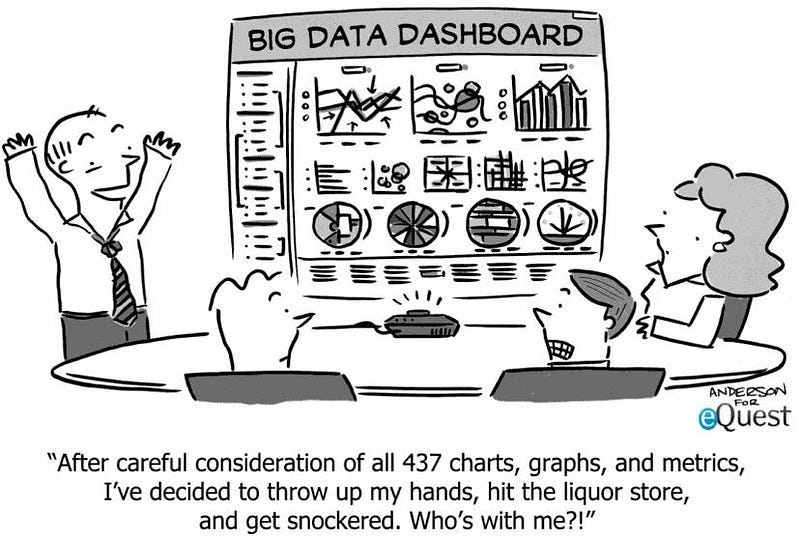Streaming Consciousness: It’s time for more EvOps
Evolution of data tools presents an opportunity for non-technical teams to get solutions that help them make better business decisions.
The evolution of data tools presents an opportunity for functions outside of engineering to get applications that help them make better, faster decisions.
Two trends over the last ten years have intrigued me: 1) As software continues to eat the world, the importance of the engineering function has increased significantly, and 2) corporates (from all industries) increased interest in capturing and leveraging data to improve operations. These two separate shifts have produced impactful SaaS/cloud companies, as well as a need for solutions that optimize enterprise companies’ most precious resources — engineers and data.
To preserve the first asset, engineers, companies (CTOs or engineers themselves) have sought the developer and operational tools available. DevOps companies increase efficiency, improve quality, and reduce costs for designers, engineers, developers, and IT professionals. These technologies range from typically engineering team workflows, including code management, product management, logging & monitoring solutions, and delivery & deployment (primer).
Now, the second asset, data, has had a different path to optimization. Over the last twenty years, the importance of data for enterprise companies has been described in many ways. Data is the new oil! Data is king! But I would argue that the initial importance placed on data (without any sound strategy for its use) should have produced other sayings: Data is cumbersome, Data is confusing, and Data is inefficient.
This pain point has led to the emergence of data tools that enabled engineers (specifically data engineers) to do the following: build & secure data pipelines, ensure data exploration & building models for application, and leverage BI/analytics tools to create reports for the decision-makers in business units. There continue to be horizontal and vertical SaaS solutions built to solve portions of the data problem (primer). However, an indirect result of the corporate prioritization of data was creating a new bottleneck for decision making — the engineering team. Executives across many different industries have told their employees that their investment into data and engineering would lead to better and faster decisions. However, this hasn’t been the case for many companies because the data tools expected to help sales & business development, marketing, and other non-technical functions, depended heavily on engineering talent to find, extract, or secure the relevant data.
To address this problem, tech companies have built out engineering teams dedicated to data operations or growth marketing, while legacy industries have outsourced more data engineers. My thought is that another option helps organizations achieve optimizing both goals: 1) to have engineering talent working on the most critical technical tasks and 2) leverage data to help business owners make better and faster decisions.
And several founders have started to build what I call EvOps (I know I’m trying to make fetch happen). I define EvOps as companies designed to increase efficiency, improve quality, increase decision speed and reduce costs for every other function outside of engineering workflows. I’ve started to see exciting companies building solutions that leverage data to serve the need of specific functions: growth marketing (Mutiny), business operations (Savvi), and data analytics (bit.io).
If you know any other EvOps (it might catch on) companies that are leveraging data and or AI to meet the needs of business units such as marketing, sales, business operations, customer success, and data analytics, please reach out to me on Twitter or LinkedIn. If you are a founder or investor and are working in the EvOps arena, I would love to hear from you as well.




